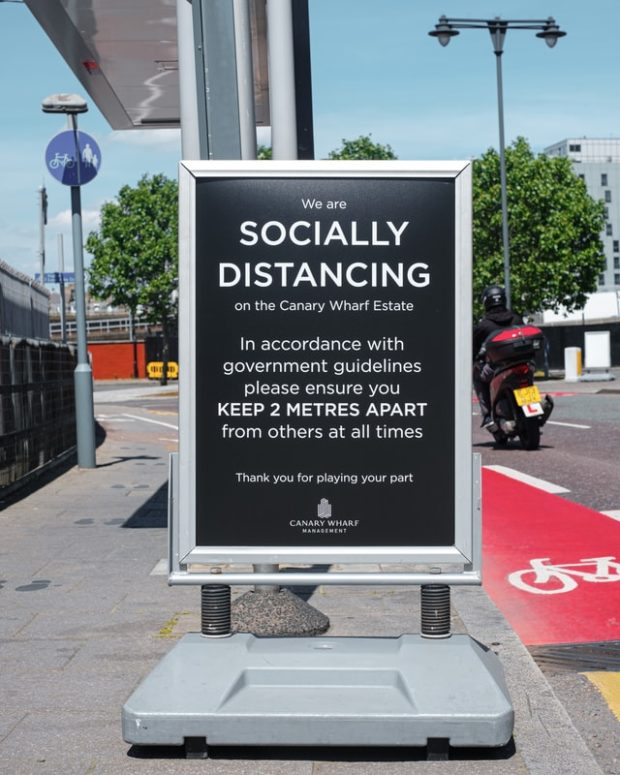In the last month of 2019, drastic news has been delivered to our television sets. There has been a virus outbreak, and it’s spreading all over the world. Then, the virus has been named CoronaVirus Disease (Covid- 19).
The pandemic has brought our world to a halt, with unprecedented and unanticipated consequences for our lives, economics, cultures, and livelihoods. There are mounting threats of a global economic crisis and catastrophic job losses.
Given the unique and ever-changing character of crises, estimating the impact of COVID-19 on air travel and tourism is extremely difficult.

COVID-19 has had a significant impact on the tourism and insurance industries. State and federal governments ordered nonessential companies to close and international borders to close. Stay at home procedures are implemented with minimal prior notice, bringing travel to a standstill.
The pandemics impact on travel insurance Internationally
In Understanding How The Pandemic Changed Travel Insurance Demand, Clark Twiddy claims that it should come as no surprise that the pandemic’s growing impact on global travel patterns has altered travel thinking in ways well beyond the virus’s actual reach.
While many travel-and-tourism indices continue to languish, there are some notable bright spots, particularly in the domestic drive-to market. Since these bright spots gain hold in travellers’ perceptions, one aspect of this form of travel has altered, and rental property proprietors should be aware. This function is referred to as travel insurance.

In the US, according to a new Morning Consult research commissioned by the American Hotel & Lodging Association (AHLA), Americans feel enthusiastic about travel opportunities in 2021. However, the statistics show a considerable drop in travel prior to the epidemic, when over 70% of Americans took a vacation every year.
The demand for travel insurance comparison in Singapore and the US has been drastically increasing since the start of the year 2021. People are getting very excited to travel once again after a year of travel restrictions and lockdowns.
Where Does the Travel Insurance Industry Go from Here?
Right now, the company business is down dramatically, with several travel insurance carriers reporting twofold declines.
As no one is travelling, travel insurance isn’t selling. On either side, the reduction in travel has resulted in a significant reduction in claims payments, indicating that some rebalancing occurs.
Many postpone or reschedule their trip owing to the coronavirus. Some carriers have responded by issuing refunds outside of the standard free look period or a change of coverage effective date.
The goal is to keep the company afloat rather than shut it down completely.
Insurance companies may also have trouble getting travel reinsurance, particularly for major accidents. Reinsurance companies are also attempting to reduce their cost.
The Future Opportunities for Insurance Companies
After more than a year of being locked down and quarantined, people are now planning to go on trips and future travels.
Insurers had plenty of time to decide on a fantasy vacation, and massive government spending payments have provided a welcome cash injection. Travel suppliers such as airlines and cruise lines give considerable discounts to generate income, persuading customers to book now and for personal trips.
Trip cancellation insurance will never be top-of-mind for several tourists. Consumers who have never even considered obtaining travel insurance recognize its worth and may choose to do so when making a reservation.
Providers are also finding new chances to create insurance that reflect the evolving travel market. Insurance companies are rethinking their health care options, with some preferring to incorporate pandemic and epidemic dangers in their policies.
Throughout the coming months, we expect a surge of proposed state applications as carriers scramble to modify their programs to meet shifting consumer demands and revised regulatory standards that have been part of said new normal.
The coronavirus epidemic has sparked interest in travel insurance, especially policies with Cancel for Any Reason (CFAR) features. That’s why consumers must think about why they are purchasing travel insurance. As a result, customers are interested. Insurance companies must also safeguard their commercial interests, as a loss-making corporation cannot provide quality service or satisfy customers. However, some plans may still exclude claims based on government travel restrictions or advisories, among many other circumstances, notwithstanding the additional advancements.
Therefore, whenever you purchase insurance, double-check that it includes the dangers you’re anxious about
